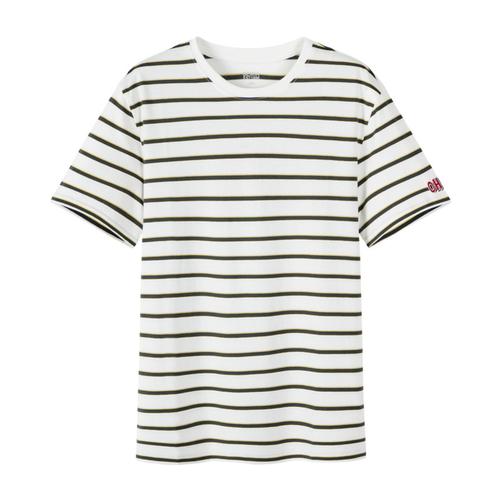Choosing the right clothing fabric is crucial to clothing production. The following is a common sense analysis to clearly understand the key points of clothing fabric selection:
1. Material: It is important to understand the material of the fabric. Common clothing fabrics include cotton, linen, silk, wool, chemical fiber, etc. Each material has its own characteristics and applicable occasions. For example, cotton fabrics are breathable and comfortable, suitable for summer wear; silk fabrics are soft and smooth, suitable for formal occasions.
2. Quality: The quality of fabric directly affects the appearance and service life of clothing. High-quality fabrics have good feel, color fastness and durability. When selecting, you can check whether the fabric has thread ends, pilling, shrinkage and other problems.
3. Thickness: Choose the appropriate thickness and thinness according to the season and the purpose of the clothing. Choose thicker fabrics for winter and thinner breathable fabrics for summer or sportswear.
4. Elasticity: Some clothing requires a certain amount of elasticity to provide better comfort and wearing experience. Elastic fabrics often contain elastic fibers such as spandex. When choosing, you can check the four-way stretch of the fabric.
5. Color and pattern: When choosing clothing fabrics, you should also consider whether the color and pattern meet the design requirements. Some fabrics are easier to dye, while others are better suited to printing or patchwork.
6. Cleaning and maintenance: Understanding the cleaning and maintenance requirements of fabrics is also an important selection point. Some fabrics require professional dry cleaning, while others can be hand or machine washed at home. Understanding the care requirements of fabrics can help extend the life of your garments.
7. Sustainability: More and more consumers are paying attention to the sustainability of clothing. Environmentally friendly fabrics such as organic cotton and recycled fibers are gaining popularity. Choosing sustainable fabrics can help reduce your environmental impact.
In summary, clearly understand the key points of clothing fabric selection, including material, quality, thickness, elasticity, color and pattern, cleaning and maintenance, and sustainability. And other factors. By taking these points into consideration, the most suitable fabric can be selected to create the garment.






